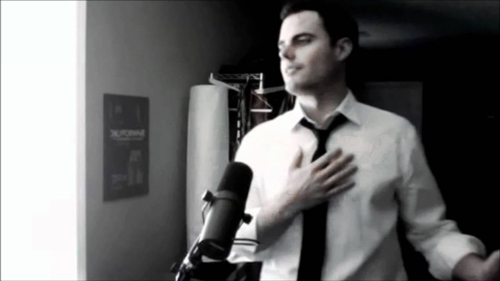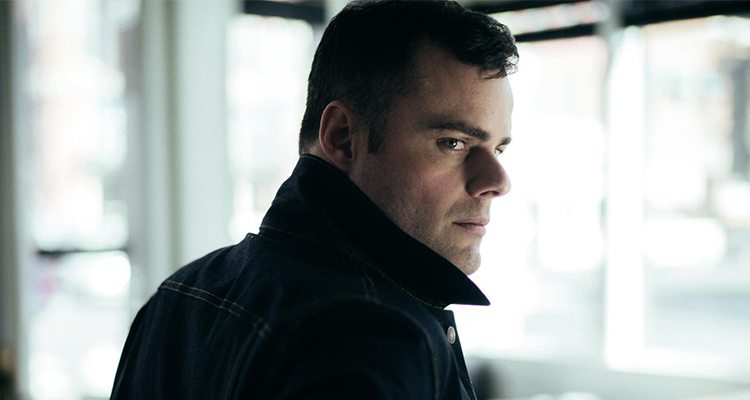I grew up in a pastor’s home, so for a good chunk of my youth my parents’ faith was my faith. And then I went through the whole thing where you have to figure out, “Why do I believe this?” Is it just because of your parents? And so I had gone through those motions, so that when I got into a situation where I was outside of my comfort zone, there wasn’t any fear involved. It was exciting to branch out and be a little more well-rounded when it comes to my understanding of the world I live in.
CCM: Thinking about Downhere—as a songwriter and as an artist you’re really putting a lot of your personality into the music you’re inviting people to listen to. Since your more recent successes have come through setting your voice to other people’s songs, is there tension, an internal struggle, between the songwriter-artist and the cover artist? Do you wonder, Am I still expressing myself as an artistic being?
MM: There’s nothing better than writing and performing your own music and seeing a crowd react really well to that. Downhere never really played covers unless we were leading worship, and then in the second half of our career, when the Freddie Mercury comparisons started, we played a Queen song every now and then. But it was very rare. We were very strong-minded songwriters, and we wanted to get our message out.
But over the last few years, my thinking has changed a lot. There is value in music. If we believe that music is a gift from God, then we can’t say that only music that talks about God is a gift from God. There’s just so much to learn outside of contemporary Christian music, different ways of expressing emotions like anger and disappointment. It’s been really enriching for me as an artist to get to know some other artists’ stuff and seeing the value in it, even if it’s not written from the exact [perspectives] of my beliefs.

CCM: That belief that music is this spiritual connector—no matter what stream of religion or faith you come from—music has a way of connecting us to one another and to God. So a Christmas recording seems like such a double-whammy for you considering Christmas songs are some of the most covered tunes in Creation, and are strongly spiritual in nature.
MM: As a musician, whether you like it or not, you’re always picking apart and internalizing music, and thinking how would I sing this—especially with sacred Christmas music. It’s more meaningful [for me] because it connects with me on a different level. So I would say there’s a difference between me covering “Don’t Stop Me Now” and “The First Noel” … although I don’t like to be stopped. [Laughs] [These songs] reach deeper into my soul inevitably.
CLICK “4” TO ADVANCE

 Listen Live
Listen Live
Leave a Reply
You must be logged in to post a comment.